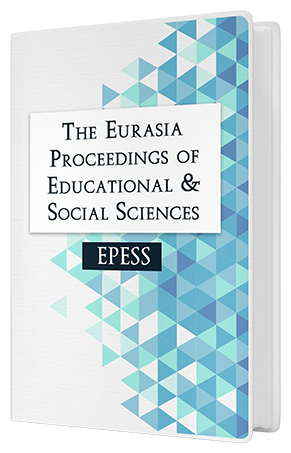How to Promote Education for Sustainable Development? Vision of the Educational Situation and Its Contribution to Sustainable Development
Keywords:
Education, Sustainability, Development, EnvironmentAbstract
During the last decade, the importance of leaving a rational paradigm, debtor of functionalist and utilitarian models, towards another more congruent with the preservation of natural resources, and therefore of life, has been widely discussed. In the same way, different voices have been raised, pointing out the urgency of inserting these precepts into the educational field, hoping to achieve the true cultural transformation that is needed to consolidate the change. Multiple International Entities promote sustainability in Education as an initiative that should be ambitious, complex and reforming character, given the global scope of the social, economic and environmental situation affecting the planet. Through the exploration of the relationship between education, cultural change and sustainability, this work presents an overview of the educational situation in terms of its collaboration towards sustainable development from a critical vision of the objectives, foundations, challenges of environmental education and improvement opportunities; the aspects that positively impact on conceptual development and educational practice are argued, as well as the way in which new approaches of raising environmental problems and working towards a more sustainable future could be generated. Finally, certain proposed solutions are suggested.Downloads
Published
Issue
Section
License
Copyright (c) 2019 The Eurasia Proceedings of Educational and Social Sciences

This work is licensed under a Creative Commons Attribution-NonCommercial-ShareAlike 4.0 International License.
The articles may be used for research, teaching, and private study purposes. Any substantial or systematic reproduction, redistribution, reselling, loan, sub-licensing, systematic supply, or distribution in any form to anyone is expressly forbidden. Authors alone are responsible for the contents of their articles. The journal owns the copyright of the articles. The publisher shall not be liable for any loss, actions, claims, proceedings, demand, or costs or damages whatsoever or howsoever caused arising directly or indirectly in connection with or arising out of the use of the research material. All authors are requested to disclose any actual or potential conflict of interest including any financial, personal or other relationships with other people or organizations regarding the submitted work.




